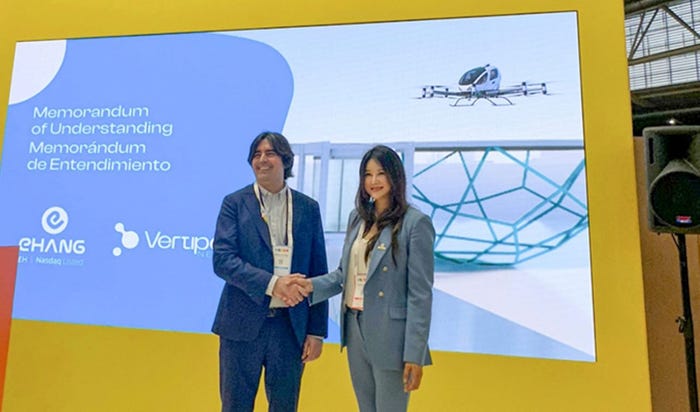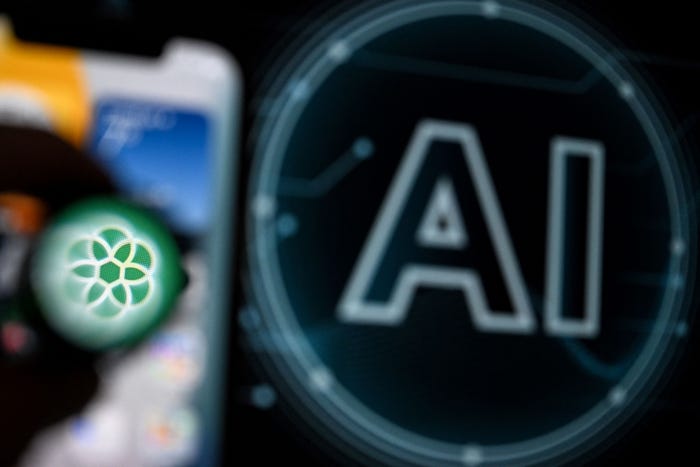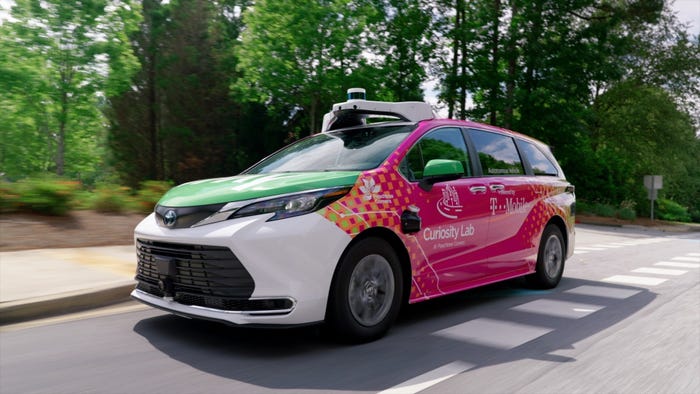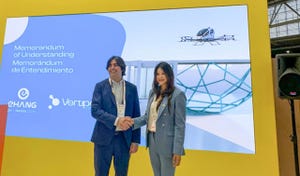Hyundai, LG Energy Team to Build Georgia EV Battery Manufacturing Plant
The announcement comes as LG Energy looks to expand U.S. operations as electric vehicle demand grows

LG Energy Solution has partnered with Hyundai to establish an electric vehicle (EV) battery cell manufacturing plant in Savannah, Georgia, as the battery maker continues its expansion plan in the U.S.
Construction of the $4.3 billion battery plant is expected for 2023, with a planned production start date of 2025. Once fully operational, the site has an estimated capacity of 30 GWh which could support as many as 300,000 EVs.
“Together we are ready to drive the EV transition in America,” said Youngsoo Kwon, LG Energy Solution’s CEO. “By further advancing our product competitiveness and global operational expertise, LG Energy Solution will commit our best efforts to offering the ultimate sustainable energy solutions to our customers.”
As EV demand continues to rise in the U.S., LG has set its sights on expanding operations to establish itself as a leading industry figure.
With the latest joint venture, LG now has eight battery plants currently operating or being constructed in the U.S., where it is concentrating the majority of its production efforts.
In May, LG also announced it planned to invest $5.5 billion in building a manufacturing complex in Queen Creek, Arizona – representing the largest single investment ever made into a stand-alone battery manufacturing facility in the U.S..
The complex will consist of two manufacturing facilities – one for cylindrical batteries for EVs and another for lithium-ion batteries for energy storage systems.
“Our decision to invest in Arizona demonstrates our strategic initiative to continue expanding our global production network, which is already the largest in the world,” said Kwon. “We believe it’s the right move at the right time in order to empower clean energy transition in the U.S.”
LG also said its new manufacturing facilities will all leverage smart factory systems to boost productivity, product quality and efficiency “to better respond to the ever-rising battery demands in the region.”
About the Author
You May Also Like








